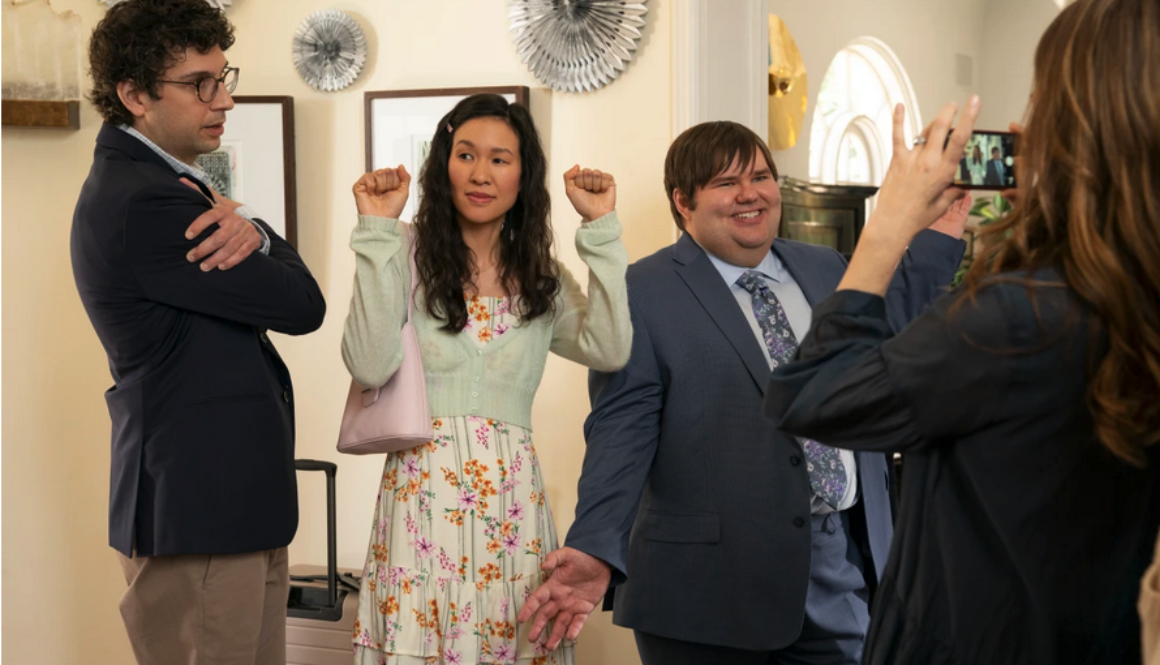Donna Levin: As I See It (but I Won’t Keep Seeing It)
A woman in my writing group effused about the new Amazon Prime show, As We See It. “Oh, Donna, this will interest you!”
As We See It is a series about three young adults on the autism spectrum, trying to find their place in the world. Candace (name changed to protect her good intentions) knows that I have a son on the spectrum, who is now 32.
“I don’t need to watch it, I’m living it,” I emailed back. Not just because of my son, but because my son is part of a large community of young people on the spectrum. He has many friends, mostly male. (Unfortunately, it’s the one community, saving perhaps the crew maintaining the Alaska pipeline, where men outnumber women.)
Curiosity eventually got the better of me, and last night I watched the first twenty-five minutes. Although I do have a masochistic side, that was all I could stand. What’s the word I’m thinking of? Oh, yeah: UNWATCHABLE.
The three characters who live in this group home (paid for by the parents of one) are Jack, Violet, and Harrison. Jack is an obnoxious computer whiz. Violet wants a boyfriend so badly that she makes overt sexual advances to strangers. Harrison is afraid to leave the house.
Of the many dozens of young people on the spectrum I know, I have never met any as hard to like as these three. They check all the boxes of autism stereotypes: self-involved, selfish, rude. Over and over, we watch them in cringe-worthy situations. To quote Douglas Laman (who had to watch it all so as to review it credibly), writing in TheSpool.net, “Viewing these episodes back-to-back, it’s creepy how much this show lingers on autistic characters in extreme emotional distress.”
I had to wonder, who is the audience for this series? It can’t be people with autism. And here’s my unwelcome answer: it’s a show for the family members. The writers are saying, We feel your pain. We know that your lives have been ruined by these high-maintenance, financially burdensome, and above all, embarrassing people.
But the creator of the show, Jason Katims, has an autistic son himself, so how can we criticize him? Here I’m reminded of how Tim Whatley, the dentist played by Bryan Cranston on Seinfeld, gives himself the right to make Jewish jokes once he converts to Judaism.
Perhaps later episodes – or even the latter part of this first one – will reveal the vulnerable, or affectionate, or – please – the generous sides of the trio. I hope so, because the actors who play Jack, Violet, and Harrison all identify as autistic, and they deserve a script that reveals that autistics are just as complex as any other human beings.
^^^
Donna Levin is the author of four novels, many of which feature characters on the autism spectrum, and all of which are available from Chickadee Prince Books. Her most recent novel, He Could Be Another Bill Gates, is available on Amazon, Barnes and Noble, or at the bookstore right across the street from your home. Please take a look.
